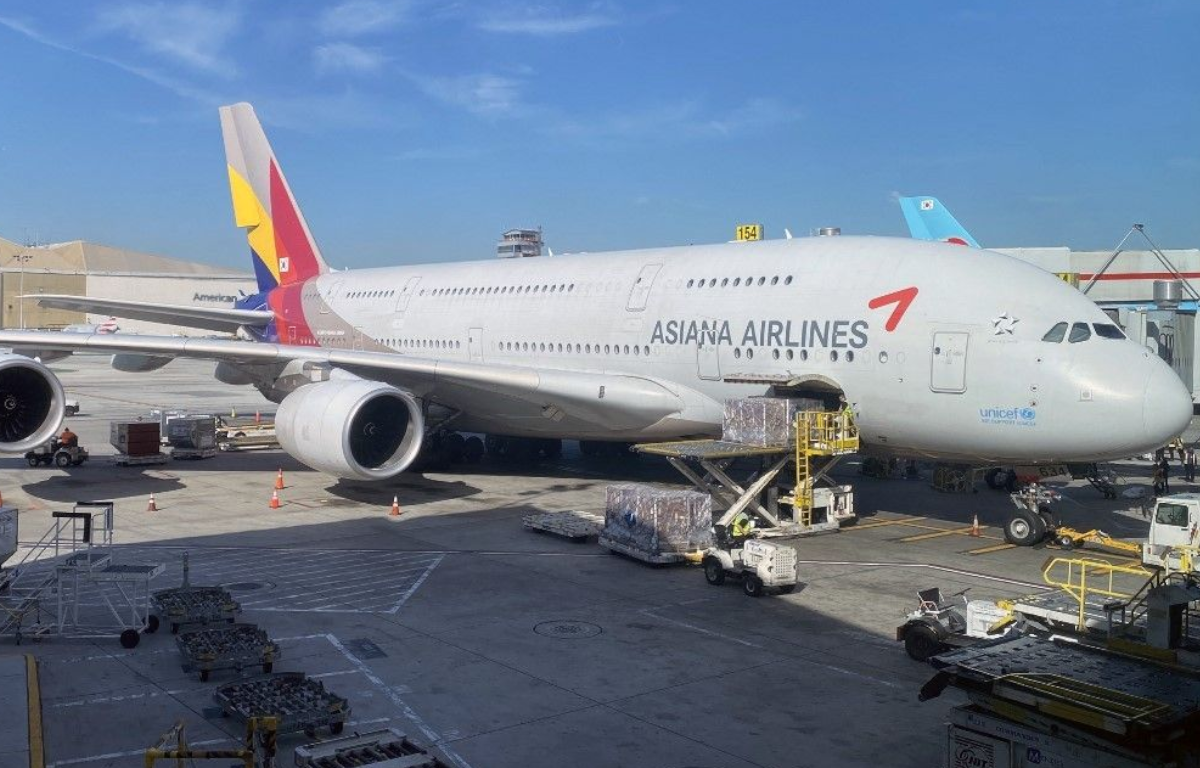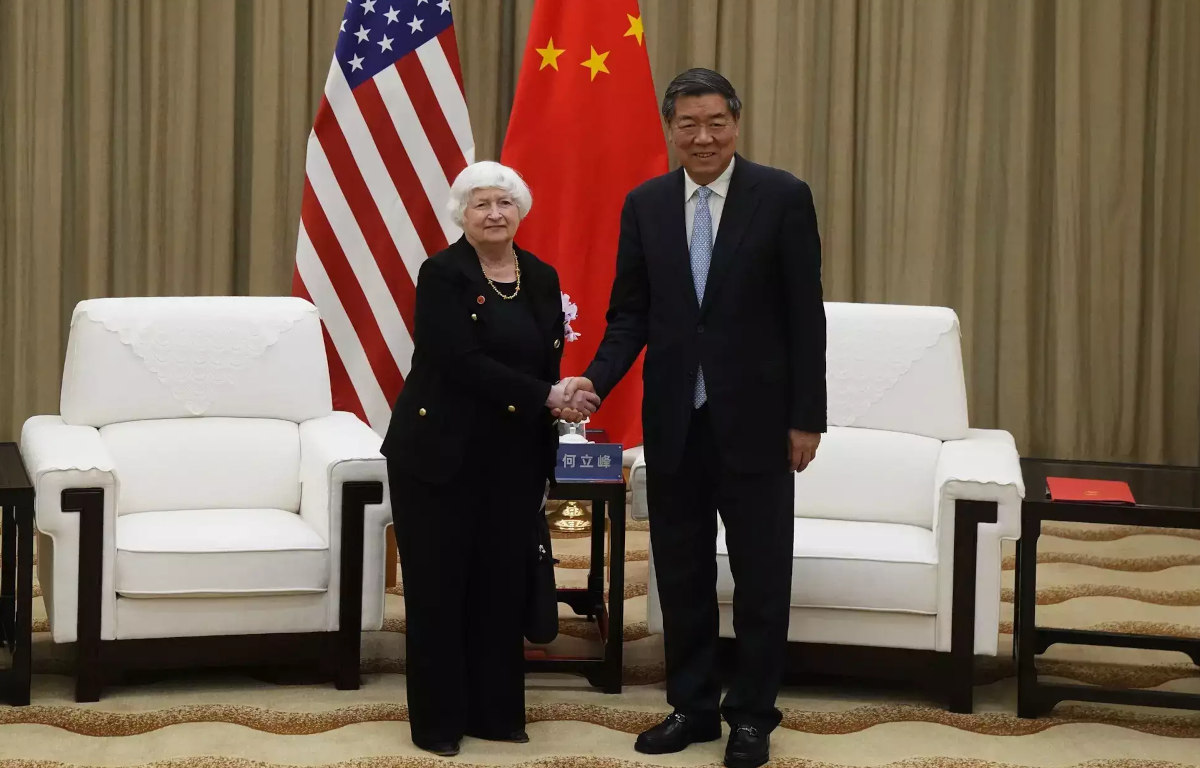
Taiwan has emerged as a vital hub for the microchip industry, housing leading semiconductor companies and playing a pivotal role in the global supply chain. With technological prowess and a stable political environment, Taiwan has attracted investments and become instrumental in the microchip ecosystem. Key players like TSMC (Taiwan Semiconductor Manufacturing Company) produce advanced chips, making Taiwan’s expertise indispensable.
China’s assertiveness towards Taiwan raises concerns. As China considers Taiwan a renegade province, the possibility of a military invasion remains. Such an invasion would have dire consequences for the microchip industry. Disrupting chip production and losing key expertise would severely impact global supply chains, triggering far-reaching economic repercussions.
Recent microchip shortages highlighted the vulnerability of the global supply chain. A potential invasion of Taiwan would exacerbate this issue, plunging the microchip industry into chaos. Microchips are essential components in countless products and industries worldwide, including automotive, consumer electronics, healthcare, aerospace, and defense. Disruption would cause production delays, price increases, and a domino effect, affecting the global economy.
Microchips are crucial for national security and defense capabilities, from advanced weapon systems to secure communication networks. A Chinese invasion of Taiwan would compromise the defense capabilities of multiple nations, leaving them vulnerable and potentially destabilizing global security dynamics. Safeguarding the microchip supply chain is essential to maintain national security interests.
To reduce dependence on Taiwan, efforts are underway to diversify the microchip supply chain. Countries and companies are exploring strategies such as domestic chip manufacturing and partnerships with other chip-producing nations. However, establishing a robust and self-sufficient microchip ecosystem requires time, substantial investments, and technological advancements.
The microchip industry’s reliance on Taiwan makes it susceptible to the potential fallout of a China-Taiwan conflict. Disruption to the global supply chain, economic consequences, and national security risks are significant concerns. Stakeholders must collaborate to diversify the supply chain, forge strategic partnerships, and invest in alternative chip production facilities. By doing so, we can safeguard the microchip industry, ensuring resilience and continued contributions to technological advancements and global prosperity.










Share this: